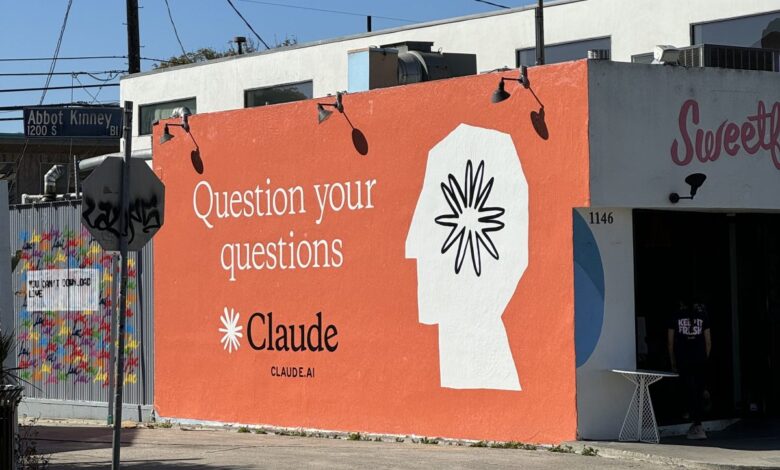Anthropic Users: Opt Out or Share Data for AI Training

▼ Summary
– Anthropic now requires all consumer Claude users to decide by September 28 whether to allow their conversations to be used for AI model training, a significant policy shift from previous practices.
– Previously, Anthropic automatically deleted consumer chat data within 30 days unless required for legal or policy reasons, but now retains data for five years for those who don’t opt out.
– Business customers using Claude Gov, Claude for Work, Claude for Education, or API access remain unaffected by these new data training policies.
– Anthropic states that using consumer data will help improve model safety, accuracy, and capabilities like coding and reasoning, though competitive pressures for high-quality training data are likely a key driver.
– The implementation raises concerns about user awareness and consent, with privacy experts warning that complex interfaces and fine print may prevent meaningful understanding of these changes.
Anthropic has introduced a significant update to its data handling policies, requiring all users of its Claude AI services to decide by September 28 whether they consent to having their interactions used for model training. This marks a notable shift from the company’s previous stance, where consumer chat data was not utilized for AI training and was typically deleted within 30 days unless required for legal or policy reasons.
Under the new terms, users who do not opt out will have their conversations and coding sessions retained for up to five years and used to enhance future Claude models. The policy applies to users of Claude Free, Pro, and Max, including those using Claude Code. However, business and enterprise clients using specialized services like Claude Gov, Claude for Work, or API access remain exempt from these changes, mirroring protections offered by competitors such as OpenAI.
Anthropic justifies the update by emphasizing user choice and potential benefits, stating that shared data will help improve model safety, accuracy, and capabilities in areas like coding and reasoning. While framed as a collaborative effort, the move is widely seen as a strategic response to the intense demand for high-quality training data in the rapidly advancing AI sector. Access to real-world user interactions provides valuable material that can strengthen Anthropic’s competitive edge against rivals.
This shift aligns with broader industry trends, where AI firms are increasingly adjusting data retention policies amid growing regulatory scrutiny. OpenAI, for instance, is currently contesting a court order requiring indefinite retention of consumer ChatGPT data due to an ongoing lawsuit. Such developments highlight the tension between innovation, user privacy, and legal compliance.
A major concern, however, is whether users fully understand what they are agreeing to. Many may overlook the implications of these policy changes due to their complex presentation. New Anthropic users will select their data preference during signup, but existing users are greeted with a pop-up that features a large “Accept” button and a much less conspicuous toggle, already set to “on”, for data sharing. This design risks encouraging quick consent without informed consideration.
Privacy advocates have repeatedly warned that opaque consent mechanisms undermine meaningful user agreement. The Federal Trade Commission has previously cautioned AI companies against burying disclosures in fine print or using deceptive interface designs, noting that such practices could lead to enforcement action. Whether regulatory oversight remains robust under current conditions is an open question.
As AI technologies evolve, so too do the policies governing them. For now, Claude users must decide: opt out to limit data use, or allow their conversations to contribute to the next generation of AI models.
(Source: TechCrunch)





